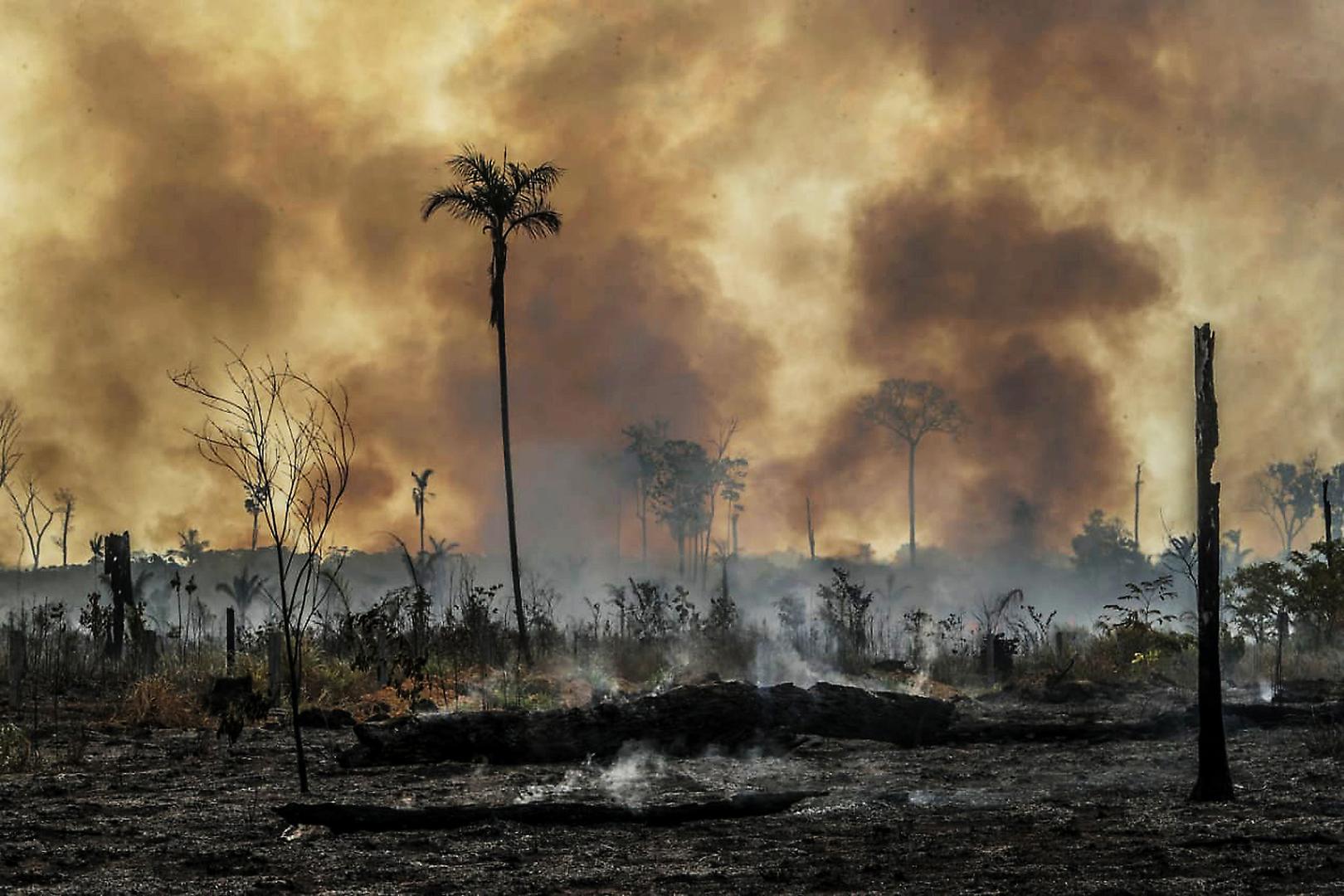With world leaders meeting in Glasgow this week for the United Nations Climate Change Conference (COP26), the stakes couldn’t be higher. From burning forests to glowing cities, parched farmland to storm-lashed coasts, the climate crisis is claiming more and more lives and livelihoods around the world. And if governments don’t act boldly – and quickly – to massively cut greenhouse gas emissions, the situation could get unimaginably worse.
In the coming years, rising sea levels and massive food shortages threaten to drive hundreds of millions of people out of their homes. Conflicts over increasingly scarce resources could multiply exponentially and fuel violence, virulent nationalism, xenophobia and authoritarian rule. The ability of states to protect the rights of the most vulnerable populations could be severely strained and broken in many places.
Our ability to avert this dystopian future will likely depend largely on what governments are doing today to protect people’s rights. To save the world’s rainforests, which play a vital role in storing carbon, states must safeguard the rights of indigenous peoples and local communities, who are among their most ardent and effective guardians.
To end the use of coal – which is responsible for 30 percent of greenhouse gas emissions – states should prevent coal mines and power plants from poisoning the air and water of local populations with regulations that protect their right to a healthy environment while protecting their right to a healthy environment Costs of coal will be increased in relation to cleaner energies.
To ensure that elected officials and industry leaders hear public calls for more ambitious climate action, states everywhere must guarantee the rights of the people, especially the growing number of young climate activists around the world, to speak out on and endanger the urgent need to reduce greenhouse gas emissions Protect populations.
COP26 is expected to bring important new commitments from the world’s highest-emitting countries, but critical questions are likely to remain unanswered. Governments will pledge to support efforts to fight deforestation – but will they ban imports of agricultural commodities that are driving the destruction of the world’s largest rainforests? Some will pledge to phase out international public funding for fossil fuels – but will they also end the domestic fossil fuel subsidies that are sabotaging their efforts to reduce emissions domestically? Some are likely to provide billions in “climate finance” to support developing countries’ climate policies – but will they take steps to ensure that support reaches the most vulnerable?
As world leaders grapple with these issues in Glasgow this week, they should understand that the climate crisis is a human rights crisis and that protecting human rights is essential to spur global efforts to contain it.












/cloudfront-us-east-2.images.arcpublishing.com/reuters/JEUL2B5V7BJCFMRTKGOS3ZSN4Y.jpg)



/cloudfront-us-east-2.images.arcpublishing.com/reuters/DYF5BFEE4JNPJLNCVUO65UKU6U.jpg)

/cloudfront-us-east-2.images.arcpublishing.com/reuters/UF7R3GWJGNMQBMFSDN7PJNRJ5Y.jpg)












